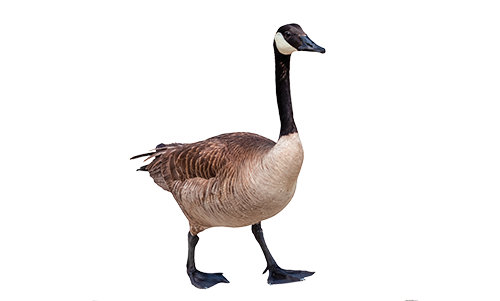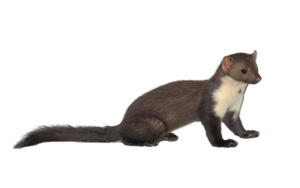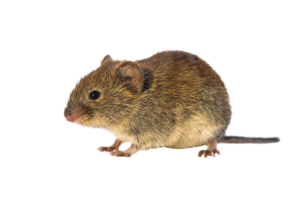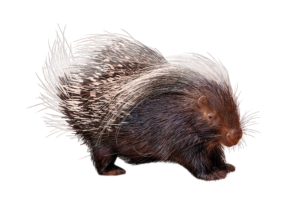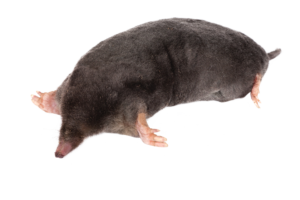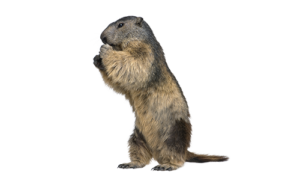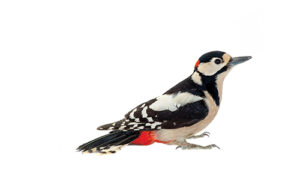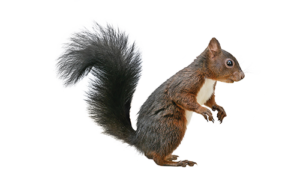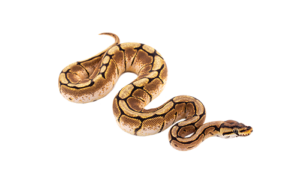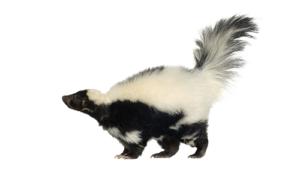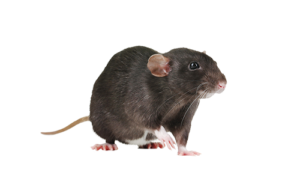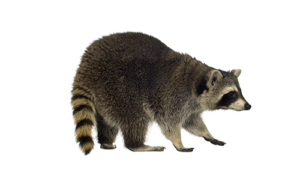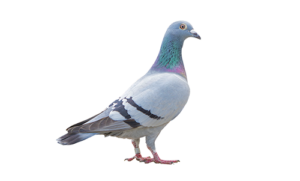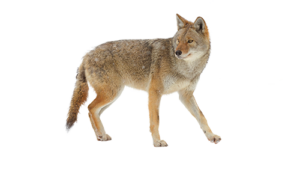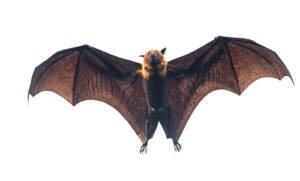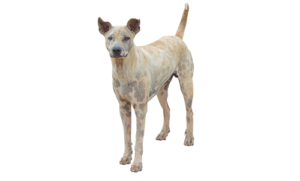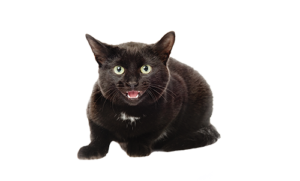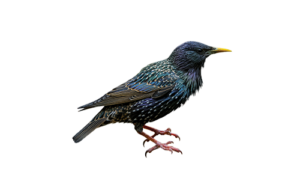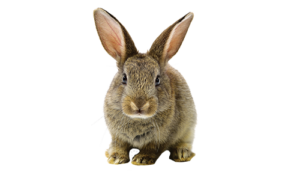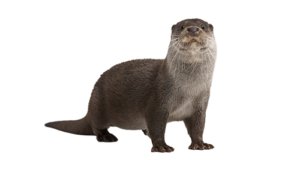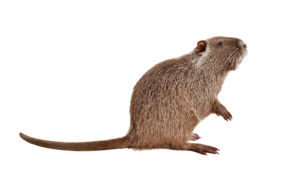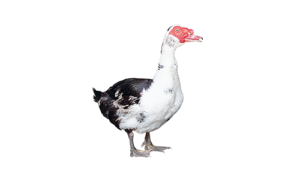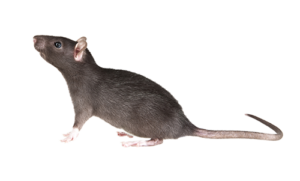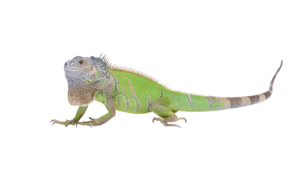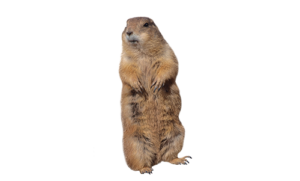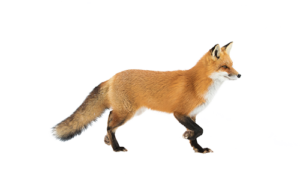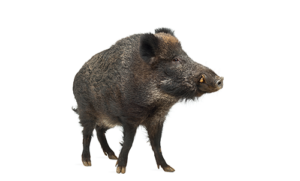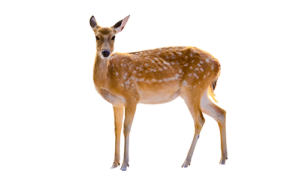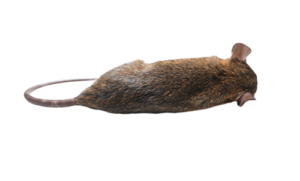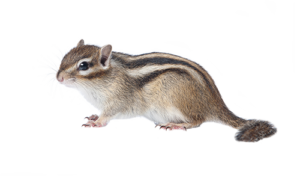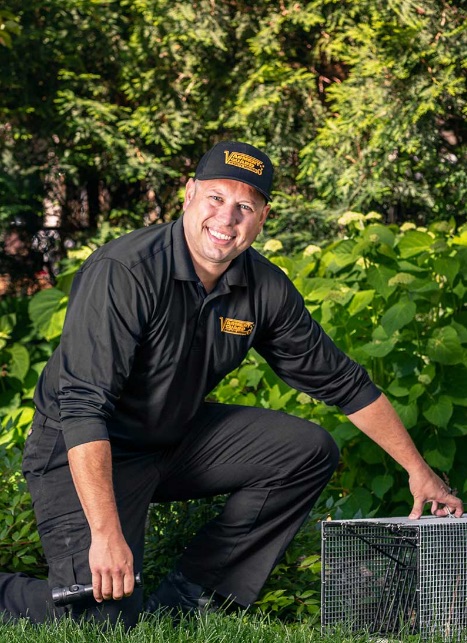Geese are migratory birds, meaning they travel long distances, often over state lines, in search of food and shelter. The migration patterns of these birds are dependent upon the changings of the seasons. Because they are migratory birds, it is often challenging to control and remove geese from an area. In fact, it is near impossible to permanently scare away. When dealing with nuisance geese on a property, it is best to hire a geese removal expert to handle the task of relocating these birds.
Habitats
Geese are very adaptable creatures and can adjust to living in just about any atmosphere. They can live in quiet areas or very noisy areas with large crowds and children playing. Geese are most attracted to grassy areas with easy access to freshwater, including ponds, lakes, and waterways. This environment offers the perfect potential nesting site for geese. However, being very adaptable birds, they have been known to build their nests in planter boxes.
These birds also prefer areas where there are very few natural predators lurking around. Which is why geese are often found in residential areas. Very few of the bird’s natural predators are found in populated areas.
Food
Geese are insectivores, meaning they primarily eat various insects to survive. However, being the very adaptable creature they are, geese also eat cultivated grains in fields and wild bird seed left out in bird feeders. Homeowners not wanting geese on their property must remove all potential food sources. If there is no food available, the geese will not come back.
Dangers
When feeling threatened, geese get very defensive and do everything possible to protect their territory and nest area. When these birds get defensive they can cause serious injury for people and domesticated animals. It is best to stay away from geese, especially if there is a nest nearby.
Geese cause severe damage to parks, playgrounds, and grassy areas. Their droppings are difficult to clean up and contain a variety of diseases and parasites, which are harmful to humans. In addition to the threat of disease, geese droppings pose slip and fall hazards when on concrete and other hard surfaces. In addition to droppings being difficult to clean up, during the summer months, geese molt, leaving difficult to clean up feathers everywhere.
Diseases
As large populations of geese gather, it is important to be aware of the diseases the birds bring to the area. Knowing there are potential risks, it is imperative to avoid coming in contact with the birds and their droppings. Harmful diseases, including various forms of bacteria can be transferred to humans via the bird’s feces, nasal discharge, and from a bite. Bacteria carried by geese include chlamydiosis, listeria, salmonella, and e-coli.
Geese carry different types of parasites, which carry diseases such as giardia and toxoplasmosis. Continued studies are underway to determine the level of concern of avian influenza, another disease carried by geese. If at all possible, it is best to simply avoid the feces of geese and stay away from large populations.
Removal Process
Federal law protects Canada geese. It is illegal to harm geese, their eggs, or their nests in the United States without permission from the U.S. Fish and Wild Service (USFWS). Geese may be harassed or scared away without a permit as long as the geese, goslings, eggs, and nests are not harmed. Geese can be a nuisance and they multiply pretty quickly. Their droppings do contain parasites as well. So, if you’re looking to solve a geese problem on your own you have to be careful about how you do it or you can call us. There are a lot of methods to remove geese. We will give you the best solution. Sometimes we use a net and other times it’s a trap. It all depends on what your situation calls for. Please contact us today and we can discuss your issue and how to properly solve your geese problem.
Clean Up
The clean-up process post-geese removal can be a very messy job. All the areas where droppings and feathers have collected need to be cleaned up and thoroughly disinfected. Due to the risk of disease, it is necessary to wear proper protection equipment to reduce the risk of contracting a goose-borne disease. We may offer help with cleaning up, sanitizing the area, and putting in some preventive measures to prevent the geese from returning.
Prevention
There are many humane ways to prevent geese from flocking to a property. The first method is to reduce or eliminate any attractive food sources, including wild bird feeders. Do not feed the geese either. If there is no food, the geese are less likely to return. Another method is to eliminate any potential nesting sites, such as high grass, shrubs, or planter boxes.
Properties with water sources may be a bit more difficult to take preventive measures against geese. The best way is to prevent easy access to the water source from the shoreline. There are a variety of ways this can be done, but can also make it difficult for humans to access the water. For the best prevention measures contact a geese removal service and ask them to evaluate the property for the best options available.
Geese might be fun to watch, but over time, these birds can become quite a nuisance. Every year when geese migrate they return to the same place they have visited in the past. This is because they not only imprinted on the area, but they know there is an abundance of food available. To prevent geese from returning year after year, reach out to a geese removal specialist for help removing and stopping the return of these nuisance birds.
